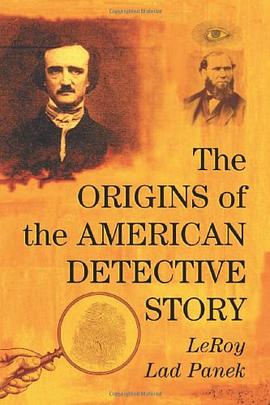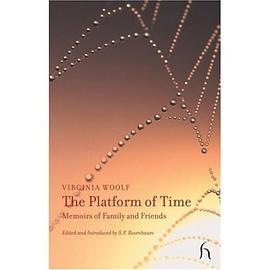

"What if truth were a woman?" asked Nietzsche. In ancient Greek thought, truth in language has a special relation to the female by virtue of her pre-eminent art-form - the one Freud believed was even invented by women - weaving. The essays in this book explore the implications of this nexus: language, the female, weaving, and the construction of truth. The Homeric bard - male, to be sure - inherits from Indo-European culture the designation of his poetry as a weaving, the female's art. Like her tapestries, his "texts" can suspend, reverse, and re-order time. He can weave the content from one world into the interstices of another. The male poet shares the ambiguous power of the female Muses whose speech he channels. "We can say false things like to real things, and whenever we wish, we can utter the truth."
具体描述
读后感
评分
评分
评分
评分
用户评价
相关图书
本站所有内容均为互联网搜索引擎提供的公开搜索信息,本站不存储任何数据与内容,任何内容与数据均与本站无关,如有需要请联系相关搜索引擎包括但不限于百度,google,bing,sogou 等
© 2025 book.wenda123.org All Rights Reserved. 图书目录大全 版权所有




















